Today, we’re going on a ride through one of the most pivotal periods in human history: World War II. In this WWII trivia quiz, we’ll put your knowledge to the test with a series of trivia questions designed to challenge even the most seasoned armchair historians.
From the main players in the war to the atrocities committed against various groups, and from the decisive battles that shaped the outcome to the lesser-known facts that often escape the spotlight, we’ll cover a wide range of topics related to WWII.
Are you ready to test your mettle and see how well you know your World War II history? Let’s put all that knowledge to the test!
NOTE: This trivia post is best enjoyed with a group, where one person takes on the role of the game master, reading the questions aloud while others compete to guess the answers.
Before we get started — we invite you to bookmark or save some of these other history-related trivia quizzes for later!
- 101 World History Trivia Questions For History Buffs
- 175 History Trivia Questions to Put Your Knowledge to the Test
- Celebrating Heritage: 45 Black History Month Trivia Questions
- 120 Fun and Totally Random Trivia Questions
- 100 Literature Trivia Questions and Answers For Bookworms
- International Women’s Day: 80 Trivia Questions To Celebrate Powerful Women
World War II Trivia Questions And Answers
What were the principal belligerents (groups) in World War II?
Answer: The Axis powers—Germany, Italy, and Japan—and the Allies—France, Great Britain, the United States, the Soviet Union, and, to a lesser extent, China.
Who were the leaders of the Allied powers during World War II?
Answer: The leaders of the Allied powers included Winston Churchill (UK), Harry Truman (US), and Joseph Stalin (Soviet Union).
What event triggered the start of World War II?
Answer: The invasion of Poland by Nazi Germany on September 1, 1939.
What was the significance of the atomic bombing of Hiroshima during World War II?
Answer: The atomic bombing of Hiroshima on August 6, 1945, marked the first use of nuclear weapons in warfare and led to Japan’s surrender in World War II.
What was the approximate death toll of World War II — was it 10 million, 20 million, 30 million, or 40+ million?
Answer: World War II resulted in an estimated 40-50 million deaths, making it the bloodiest conflict in history.
What agreement between Germany and the Soviet Union paved the way for the invasion of Poland?
Answer: The German-Soviet Nonaggression Pact, signed in August 1939, allowed Germany and the Soviet Union to divide Poland between them, clearing the path for Germany’s invasion.
What military strategy enabled German forces to achieve rapid victories in the early stages of World War II?
Answer: The blitzkrieg strategy, characterized by swift and coordinated attacks using mechanized forces and air support.
Which German military leader was known for developing and implementing the blitzkrieg strategy?
Answer: General Heinz Guderian.
What was the primary purpose of the Maginot Line and the Siegfried Line?
Answer: The Maginot Line (France) and the Siegfried Line (Germany) were defensive fortifications built to protect against potential invasions from neighboring countries.
What new technology played a significant role in warfare during World War II?
Answer: Radar technology, enabling early detection of enemy aircraft and improving air defense capabilities.
What naval engagement in World War II involved individual operations of German pocket battleships and commerce raiders?
Answer: The Battle of the Atlantic.
What event marked the beginning of the Allied invasion of Normandy during World War II?
Answer: The D-Day invasion, which began on June 6, 1944.
What was the name of the German battleship that engaged in naval warfare during World War II?
Answer: The Bismarck battleship was a prominent German warship that engaged in naval warfare during World War II.
What was the primary role of the Luftwaffe in the German military during World War II?
Answer: The Luftwaffe, the German Air Force, played a crucial role in providing air support to ground forces and conducting strategic bombing campaigns against enemy targets.
Which military leaders were responsible for leading the German invasion of Poland in September 1939?
Answer: General Walther von Brauchitsch and General Franz Halder were among the military leaders responsible for planning and executing the German invasion of Poland in September 1939.
What was the code name for the Allied invasion of Normandy on June 6, 1944?
Answer: Operation Overlord.
What was the name of the secret project that developed the atomic bombs during World War II?
Answer: The Manhattan Project.
Which German city suffered a devastating firebombing raid by Allied forces in February 1945?
Answer: Dresden.
Which naval battle is often considered the turning point of the Pacific War?
Answer: The Battle of Midway.
Who was the leader of the Soviet Union during most of World War II?
Answer: Joseph Stalin.
Which Battle of Britain fighter had the same name as a type of storm?
Answer: Hurricane.
What was a “doodlebug”?
Answer: A VI flying bomb.
What does “blitzkrieg” translate to in English?
Answer: Lightning war.
What event prompted the U.S. government to establish Japanese American internment camps during World War II?
Answer: The attack on Pearl Harbor by Japanese aircraft on December 7, 1941.
What was the purpose of Executive Order 9066, signed by President Franklin D. Roosevelt during World War II?
Answer: Executive Order 9066 gave the U.S. military authority to exclude any persons from designated areas, effectively targeting Japanese Americans for relocation and internment.
Which U.S. government agency was established to oversee the relocation and internment of Japanese Americans during World War II?
Answer: The federal War Relocation Authority (WRA).
What term is often used to describe the forced relocation of Japanese Americans during World War II, though some argue it is not entirely accurate?
Answer: The term “internment” is often used to describe the forced relocation of Japanese Americans during World War II, though some argue that “incarceration” or “detention” may be more appropriate.
Which British prime minister declared war on Germany in September 1939?
Answer: Neville Chamberlain.
Who was in charge of the SS?
Answer: Heinrich Himmler.
What was a “blimp”?
Answer: An airship.
Men over 35 were too old for the draft in the US. True or False?
Answer: False, the top age was 45 years old.
Where might you find an Anderson Shelter?
Answer: In a backyard.
What sort of gun was a Sten?
Answer: A machine gun.
Which nation sent its Red Army to war in Europe?
Answer: USSR.
A “Sherman” was a type of what?
Answer: A tank.
What was a B-29?
Answer: A US bomber aircraft.
In which month did the Allies declare “Victory in Europe”?
Answer: May.
What was the Holocaust, and who were its primary victims?
Answer: The Holocaust was Nazi Germany’s deliberate, organized, state-sponsored persecution and murder of approximately six million European Jews and at least five million other victims, including Soviet prisoners of war, Romany, Jehovah’s Witnesses, homosexuals, and others.
What groups did the Nazis consider “subhuman” and target for persecution and murder during the Holocaust?
Answer: The Nazis considered Jews, Romany (Gypsies), Slavs (Poles, Russians), and physically and mentally disabled people as “subhuman” and targeted them for persecution and murder during the Holocaust.
What event on November 9, 1938, marked a significant escalation of violence against Jews in Germany?
Answer: The Nazi-provoked riot known as Kristallnacht (Night of Broken Glass). Synagogues were destroyed, Jewish businesses were vandalized, and thousands of Jews were sent to concentration camps.
When were the concentration and extermination camps liberated?
Answer: In late 1944 and early 1945 (by the Allies).
What was the name of the German general who was in charge of the Afrika Korps?
Answer: Rommel.
What does “kamikaze” mean in the literal sense?
Answer: Divine wind.
Which winter-long battle for a Russian city began in 1942?
Answer: Stalingrad.
Which event brought the United States into the war?
Answer: The bombing of Pearl Harbor.
Which European country declared war on Germany alongside Britain in 1939?
Answer: France.
Operation Barbarossa in 1941 was the name for Hitler’s attack on which country?
Answer: The Societ Union.
What was the name of the aircraft that dropped the first atomic bomb on Hiroshima?
Answer: The Enola Gay.
Which country suffered the most casualties during World War II?
Answer: The Soviet Union.
What was the main purpose of the Yalta Conference in February 1945?
Answer: To plan the post-war reorganization of Europe.
Which two Japanese cities were targeted by atomic bombs in August 1945?
Answer: Hiroshima and Nagasaki.
When did World War II officially end in Europe?
Answer: May 8, 1945 (V-E Day).
Who cracked the Enigma code used by the Germans during World War II, and what device did they create to decipher it?
Answer: British mathematician and scientist Alan Turing cracked the Enigma code and created the Bombe, a computing machine used to decipher encrypted messages.
What unit of Indigenous volunteers helped defend the coast of Alaska from invasion during World War II?
Answer: The Alaska Territorial Guard, composed of Indigenous volunteers from various tribes, helped guard the vulnerable territory from invasion.
What was the purpose of the Red Ball Express during World War II, and who predominantly operated the trucks?
Answer: The Red Ball Express was a trucking route established to transport supplies to Allied soldiers, predominantly operated by African American soldiers.
Who invented a torpedo guidance system during World War II, and what later technologies did it contribute to?
Answer: Actress Hedy Lamarr invented a torpedo guidance system called “frequency hopping,” which contributed to later technologies such as Bluetooth and Wi-Fi.
What was the purpose of Oak Ridge, Tennessee, during World War II?
Answer: Oak Ridge, Tennessee, was established as part of the Manhattan Project to produce materials for building nuclear weapons.
What policy did the Lend-Lease Act enact during World War II, and who were its primary beneficiaries?
Answer: The Lend-Lease Act allowed the U.S. to lend weapons to Allied powers, primarily benefiting countries such as Great Britain.
What role did Wernher von Braun play during World War II (hint: it’s related to space exploration)?
Answer: Wernher von Braun was a German rocket scientist who developed the V-2 rocket for the Nazis during World War II and later contributed to early NASA rockets, laying the foundation for modern space exploration.
Which famous baseball player served as a fighter pilot during World War II and the Korean War?
Answer: Ted Williams, a legendary hitter, served as a fighter pilot in both World War II and the Korean War.
Additional Resources To Learn More About WWII
These resources offer valuable insights, historical context, and multimedia content to deepen your understanding of World War II and its profound impact on the course of history.
- The National WWII Museum: This renowned museum offers a wealth of information, including articles, exhibits, oral histories, and educational resources, providing comprehensive insights into all aspects of the war. National WWII Museum
- United States Holocaust Memorial Museum: Explore in-depth exhibits, survivor testimonies, and educational materials related to the Holocaust, shedding light on the atrocities committed during World War II. United States Holocaust Memorial Museum
- The History Channel: World War II: Explore video documentaries, articles, and timelines curated by The History Channel, providing an accessible yet informative overview of World War II and its lasting effects on the world. The History Channel: World War II
- BBC History: World War Two: BBC’s dedicated section on World War II provides articles, documentaries, and interactive resources covering various aspects of the conflict, including key events, battles, and profiles of significant figures. BBC History: World War Two
If you enjoyed reading this article, check out some of our other history-related trivia topics and quizzes!

Celebrating Heritage: 45 Black History Month Trivia Questions
As Black History Month unfolds, we invite you to learn something new with our Black History Month trivia. We will … Read more

105 Greek Mythology Trivia Questions That Even The Gods Would Love
Hello, dear trivia lover (or fanatic)! Are you a fan of Greek mythology and its fascinating stories of gods, heroes, … Read more
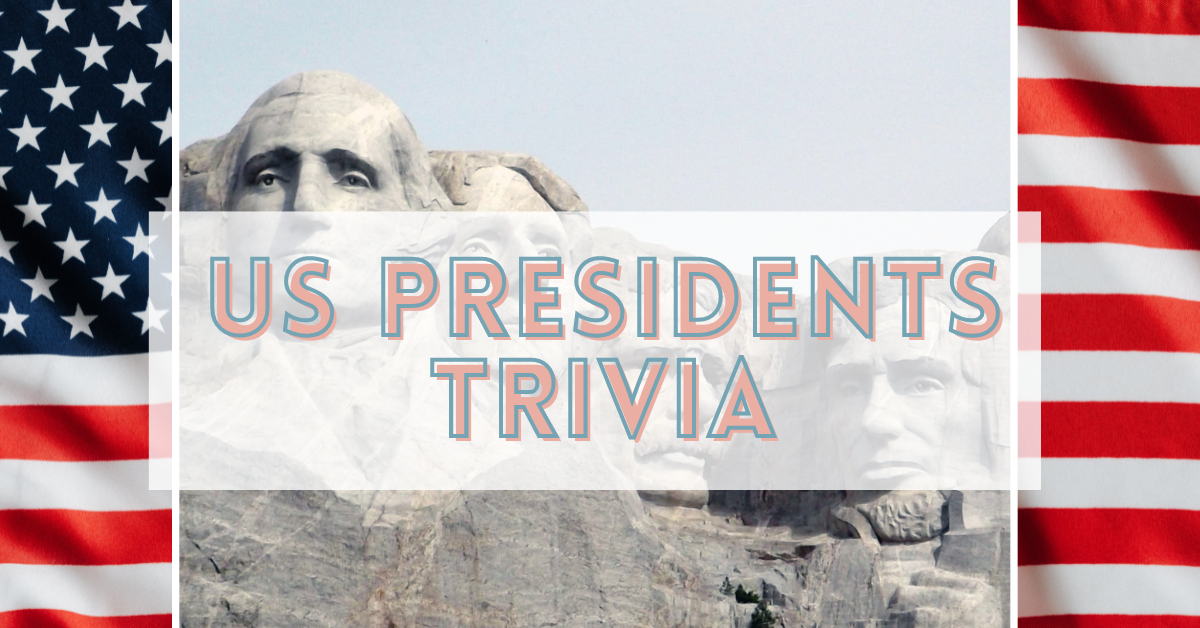
US Presidents Trivia: 77 Questions To Prove You’re A Pro
Welcome to our fun-filled trivia article all about U.S. presidents, where US history meets quirky facts! Ever wondered which president … Read more

Blast From The Past: 175 Trivia Questions For Seniors
If you (or some lucky seniors you know) are looking for a fun way to reminisce about the good old … Read more
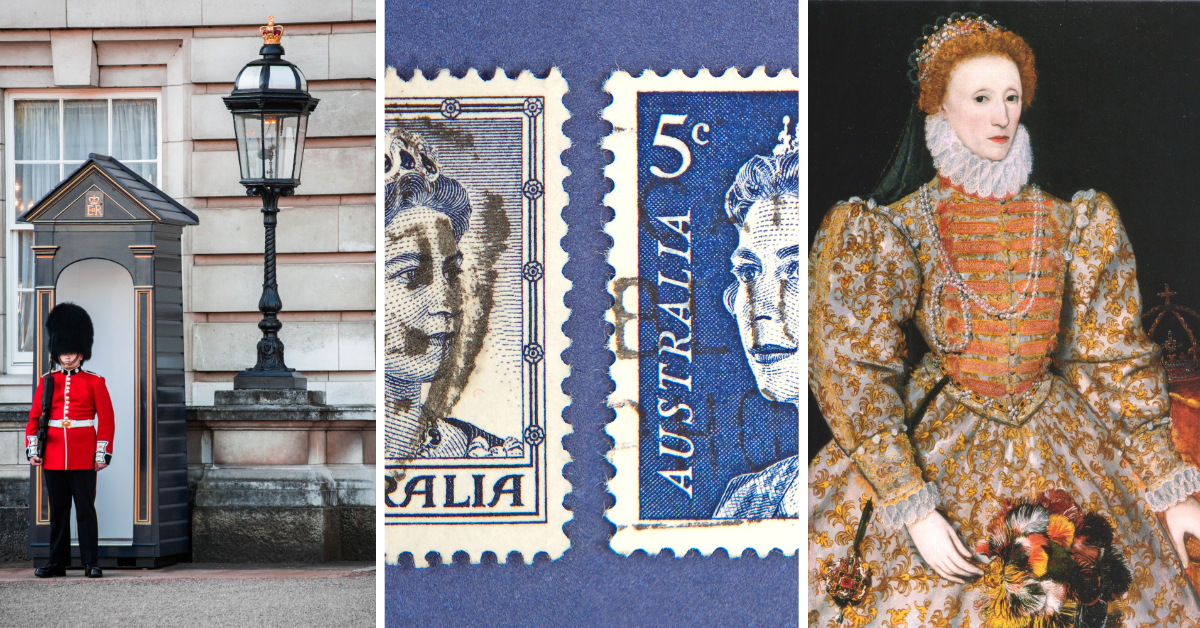
110 English Kings and Queens Trivia Questions and Answers
Welcome, royal enthusiasts! If you’re looking for a fun and challenging way to test your knowledge of English monarchs, then … Read more
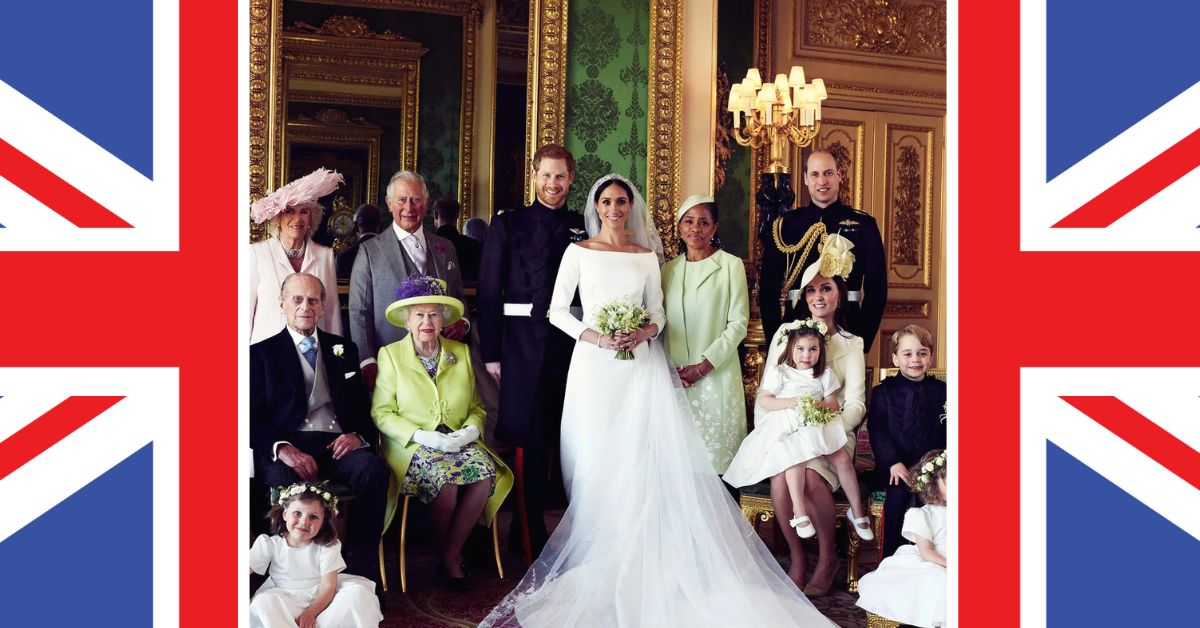
The Royal Family: 50 Trivia Questions Inspired by The Crown
Hey, royal enthusiasts and trivia buffs! In this post, we’re diving deep into the fascinating world of the British royal … Read more
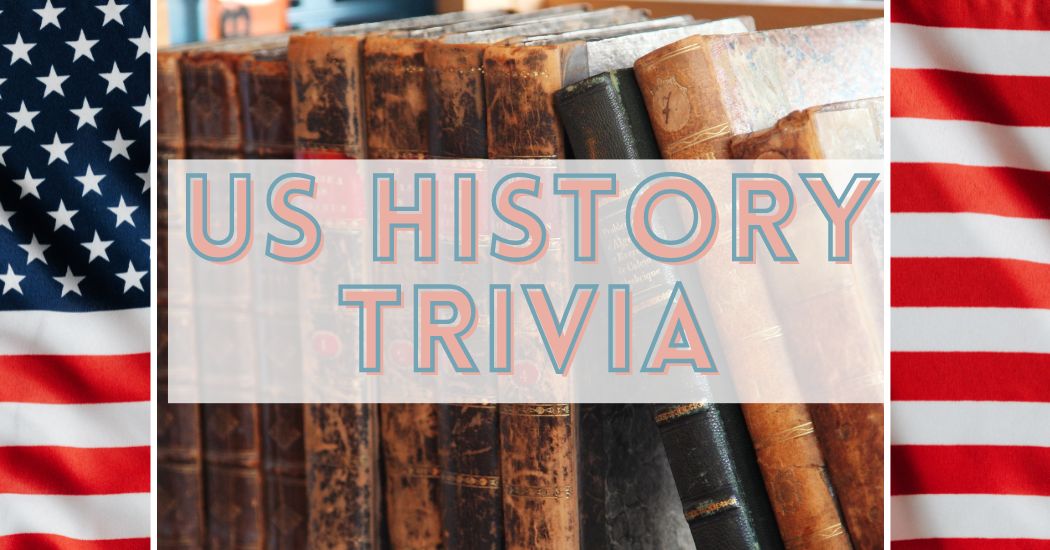
US History Mega Quiz: 185 Trivia Questions To Test Your Brains
We have a super special trivia quiz for you today — a mega US history trivia quiz — because there’s … Read more
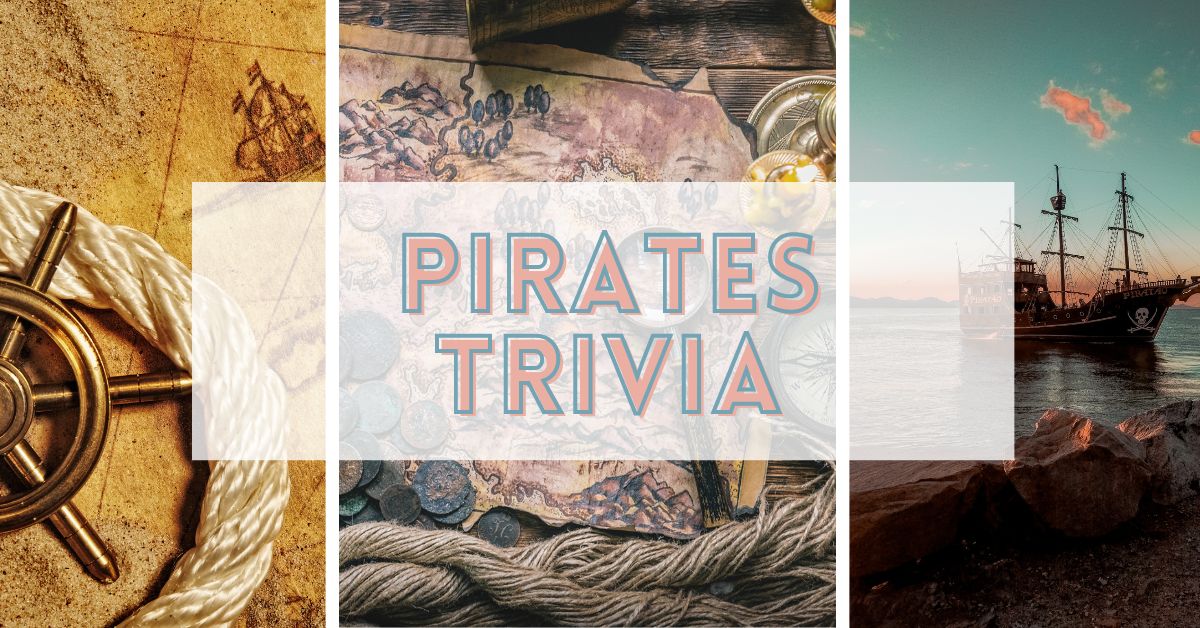
60 Fun And Fascinating Trivia Questions All About Pirates
Today, we’re diving DEEP into the swashbuckling world of pirates! From the infamous Blackbeard to the fierce Anne Bonny, the … Read more
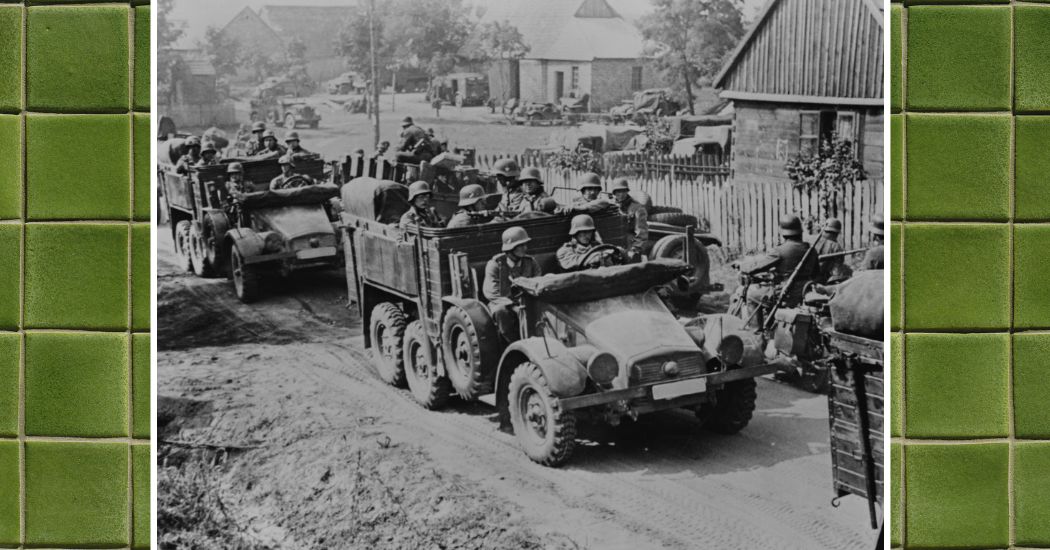
WWII Trivia Questions: Can You Answer All 60 Questions Correctly?
Today, we’re going on a ride through one of the most pivotal periods in human history: World War II. In … Read more
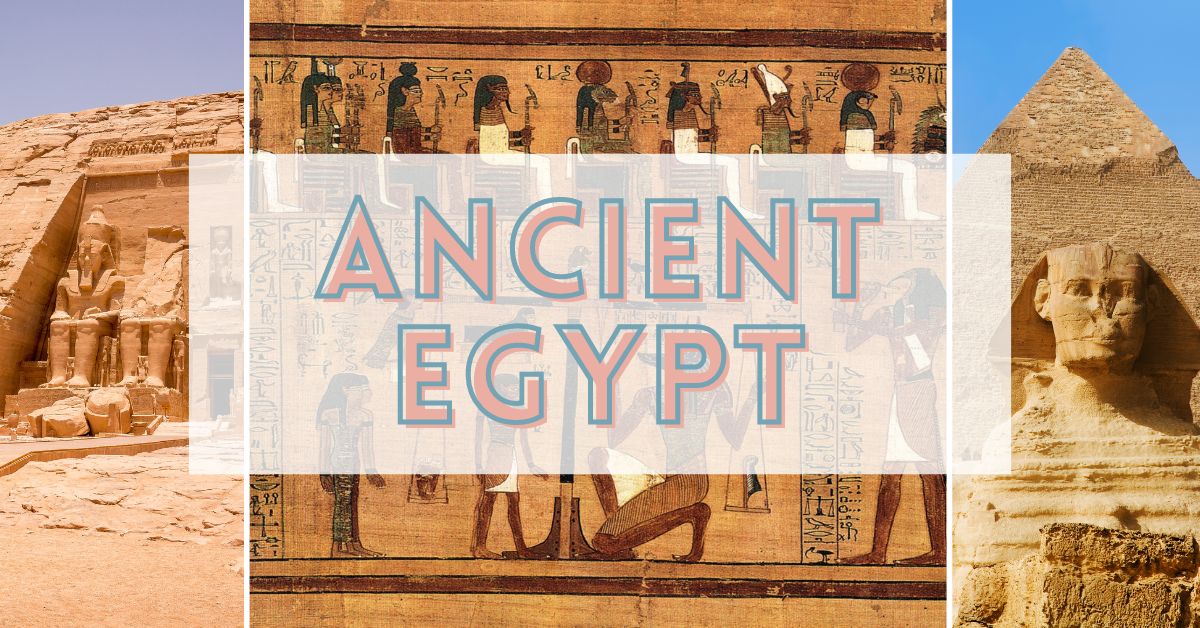
55 History Trivia Questions All About Ancient Egypt
Does the ancient civilization of Egypt just intrigue the heck out of you? We’re raising our hands for this one! … Read more
